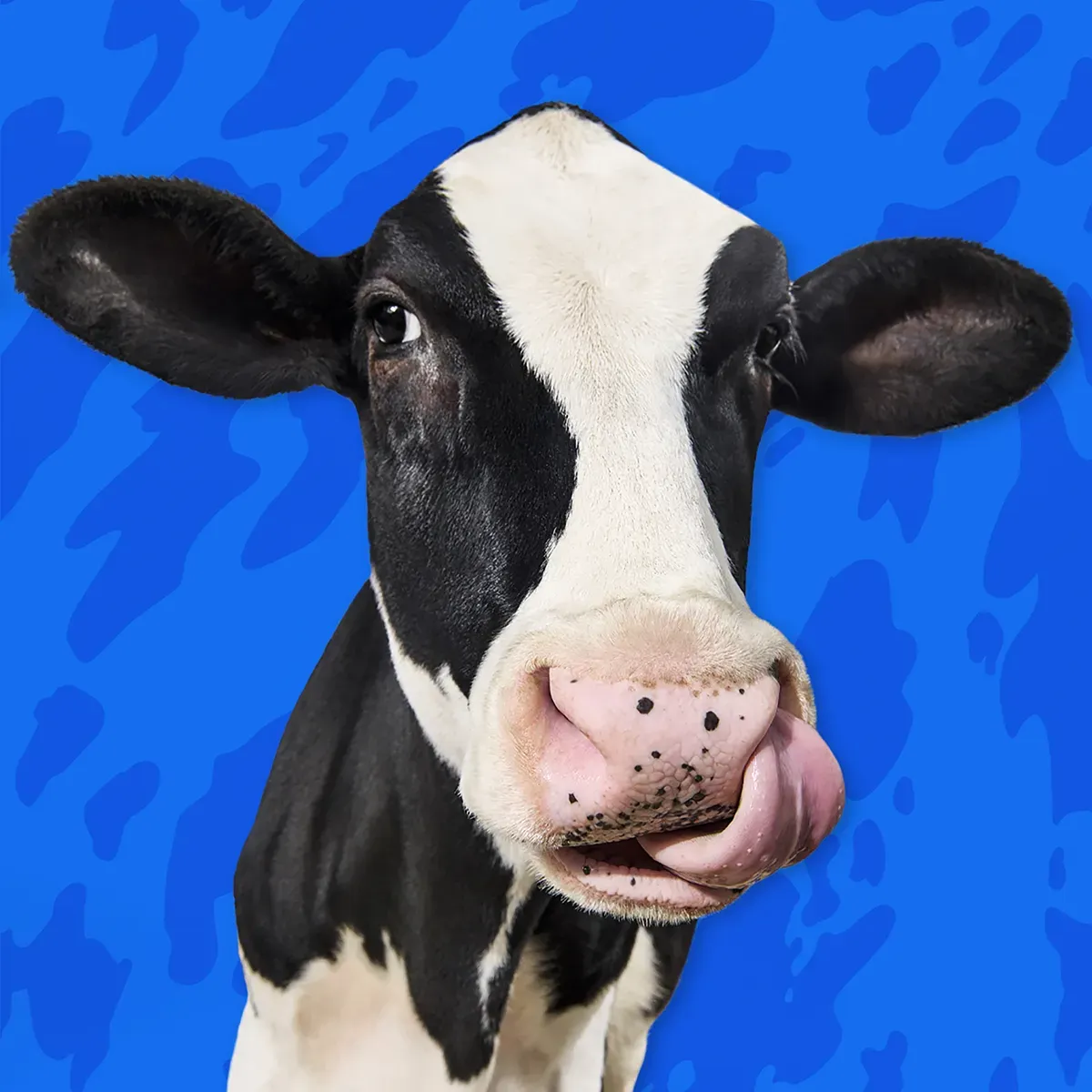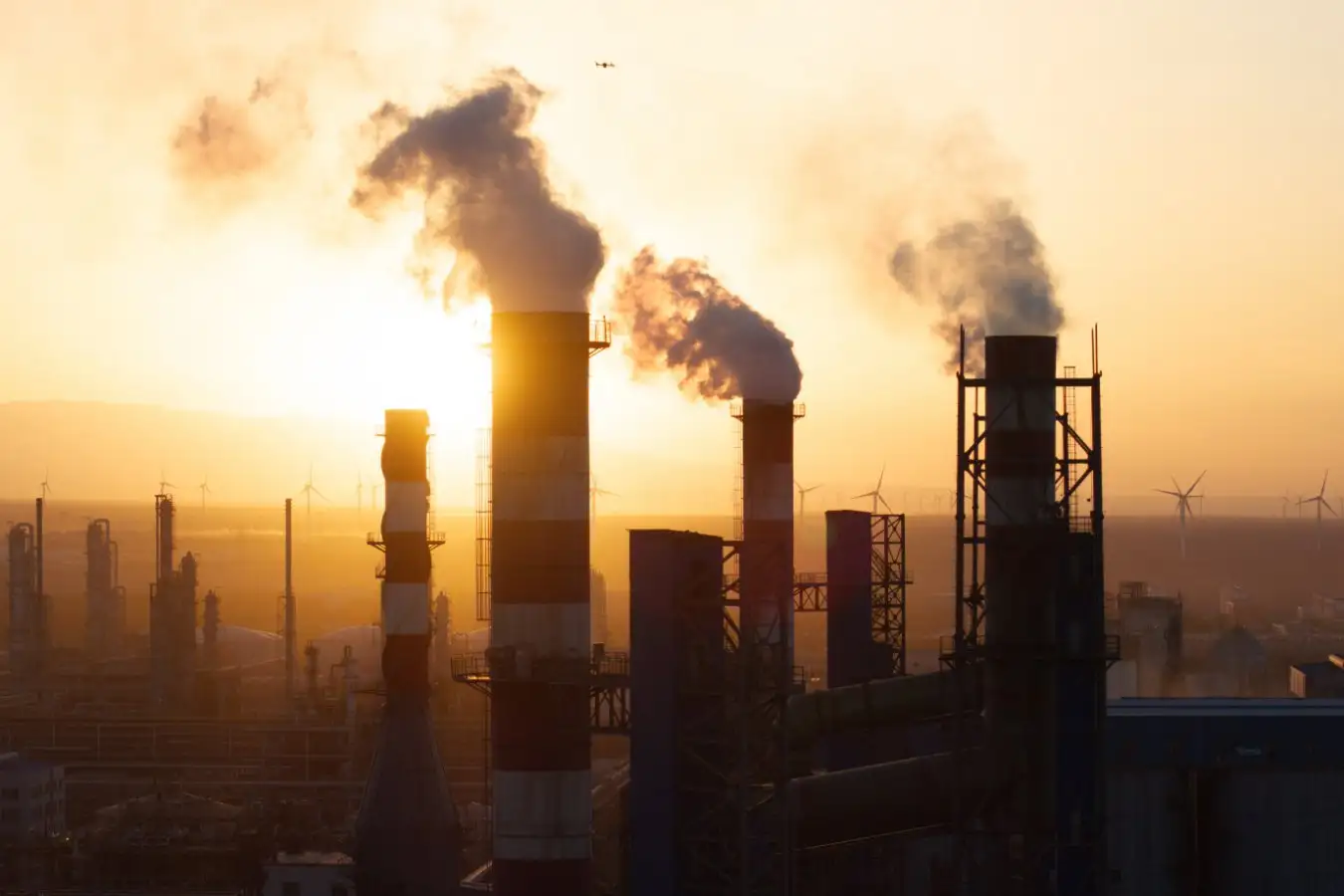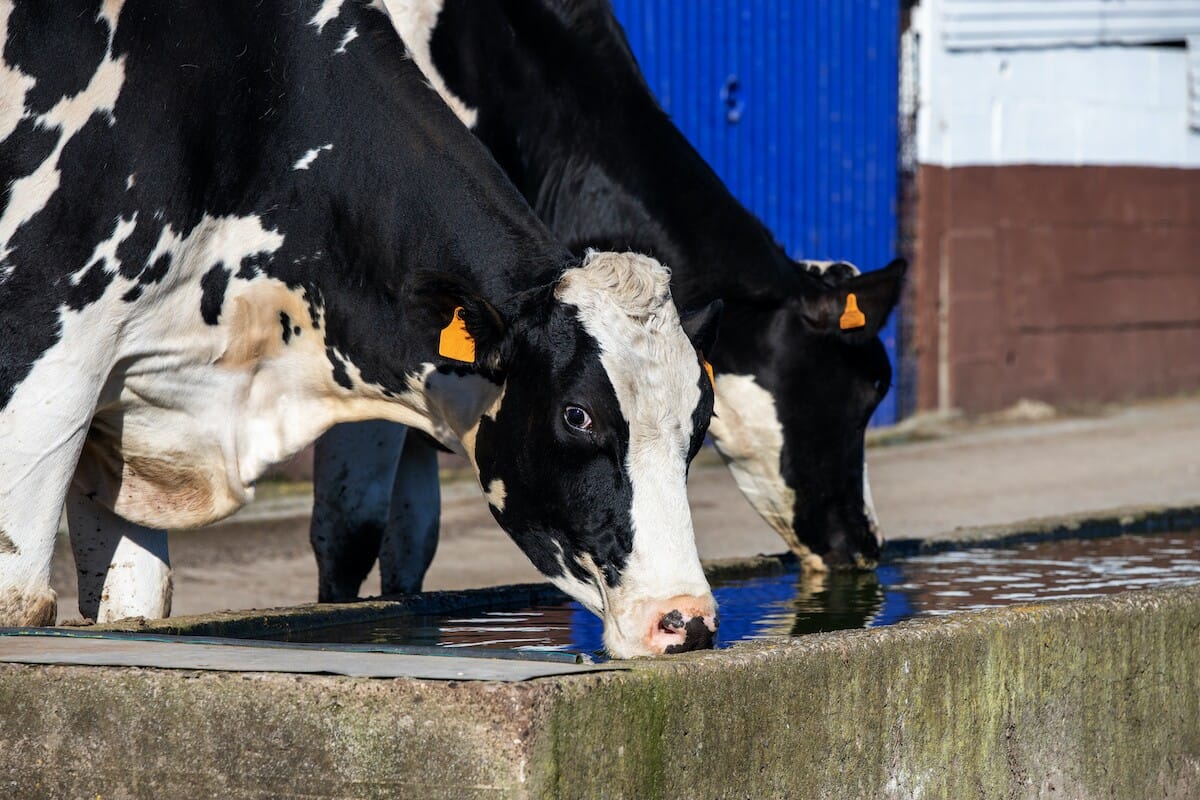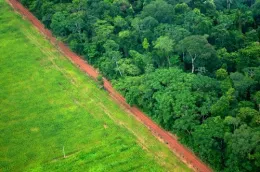Holy Cow, Not Today! Why Going Vegan Could Save the Planet

Veganism and Carbon Emissions: The global livestock industry is responsible for a large share of greenhouse gas emissions. Animal farming leads to deforestation, land damage, and high water usage. In fact, livestock farming produces more greenhouse gases than all the cars, planes, and trains in the world combined. When you switch to a vegan diet, you actively work to reduce your carbon footprint and combat climate change. Choosing plant-based meals helps stop the ongoing release of methane gas, which is much more harmful than carbon dioxide for global warming. Every plant-based meal cuts down your environmental impact.

Saving Water: The meat industry uses an enormous amount of water. It takes about 1,800 gallons to produce a pound of beef, while only 200 gallons are needed for a pound of soybeans, a plant-based protein. Furthermore, the water used for crops like oats, rice, and wheat, which are common in plant-based diets, is much lower. By opting for a plant-based diet, you can help save freshwater resources, an important issue as global water shortages rise.

Reversing Deforestation: The demand for meat is a major cause of deforestation in the Amazon and other rainforests. Cattle ranching is responsible for nearly 80% of the Amazon's deforestation, resulting in loss of biodiversity and destruction of ecosystems. Switching to a vegan lifestyle lessens the need for land to raise livestock, directly aiding in the protection of forests and wildlife habitats.

Plant-Based for the Planet’s Future: By going vegan, you are making a statement with your spending. The more we support sustainable food systems, the clearer the message we send to global markets about the need for ethical, sustainable practices. As more people adopt plant-based diets, this will increase the availability and affordability of vegan options and push companies to reduce their use of animal products, leading to a greener, kinder world.
The Ripple Effect: Veganism isn’t only about individual choices; it’s about group action. When people shift to plant-based diets, they create a ripple effect that results in more sustainable food production and greater awareness of environmental issues. It’s a strong way to engage in tackling climate change and protecting our planet’s future.




